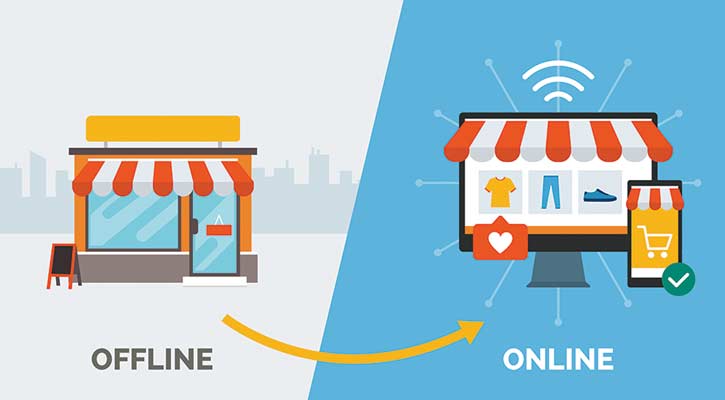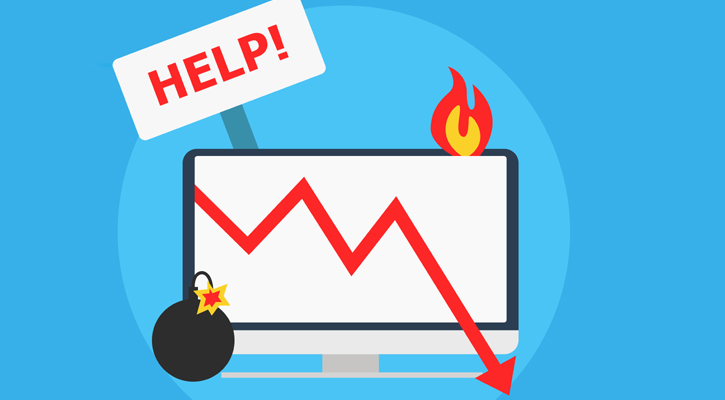In our modern connected world, it’s now more important than ever for companies of all sizes in all sectors to take the time to build the best possible online profile. These days it’s estimated that 71% of all consumer journeys start with an online search, so ensuring your site is the best it can be and features high on Google should be a prerequisite (Google accounts for around 92% of all search-engine-generated traffic).
Ideas To Take Full Advantage Of Your Online Promotion
Whether you’re just starting out in business or already have a website and social pages, below are some tips to help you get the best from your digital marketing. Note, in pretty much all cases outsourcing these agency services to a professional SEO firm will see substantially better results in a fraction of the time it might take to do these tasks yourself.
#1 Make sure your website is the best it can be: It should go without saying, but rule 101 in terms of building a strong online presence is making sure you have a professional, easy-to-use website that conveys your message in the best way possible. In truth, if you have a substandard site (particularly compared to your competitors), you’ll run the risk of alienating clients or, in the worst-case scenario, driving them away completely.
#2 Work at your SEO: As mentioned above, around 70% of all consumer transactions start with a search – both B2B and B2C transactions. Good Search Engine Optimization (SEO) is essential if you’re to successfully capitalize on the multiple opportunities offered by search engines to build traffic and generate new business. Bottom line – you could have the best, most attractive website but, if your site isn’t seen, it won’t be providing you with an adequate Return on Investment (ROI).
#3 Don’t discount the value of social media: Modern consumers have come to expect firms to have a presence on the major social platforms. As a rule, you should have pages on Facebook, Twitter and Instagram – and perhaps YouTube if you have enough video content. Also, don’t overlook the value of smaller social platforms that might work for your particular niche. For example, if your firm supplies female-oriented goods, you could reap substantial benefits by publishing on Pinterest (the platform has around 77% bias of female users). The channel is also particularly well-suited to visually appealing content and now even features an advanced Artificial Intelligence (AI) image search function, which might expose your content to new audiences.
#4 Make sure your site is responsive to scale adequately to different devices: In recent years, the web has gone increasingly mobile and recent stats show that at least 50% of all web traffic is made on mobile devices (some sources claim that figure could be as high as 70%). To tap into this shift away from traditional desktop/laptop access, you need to ensure your site works across all devices, regardless of screen size. As a web user yourself, you’re likely more than aware of how frustrating it can be to visit a site that doesn’t scale properly to your cell phone.




